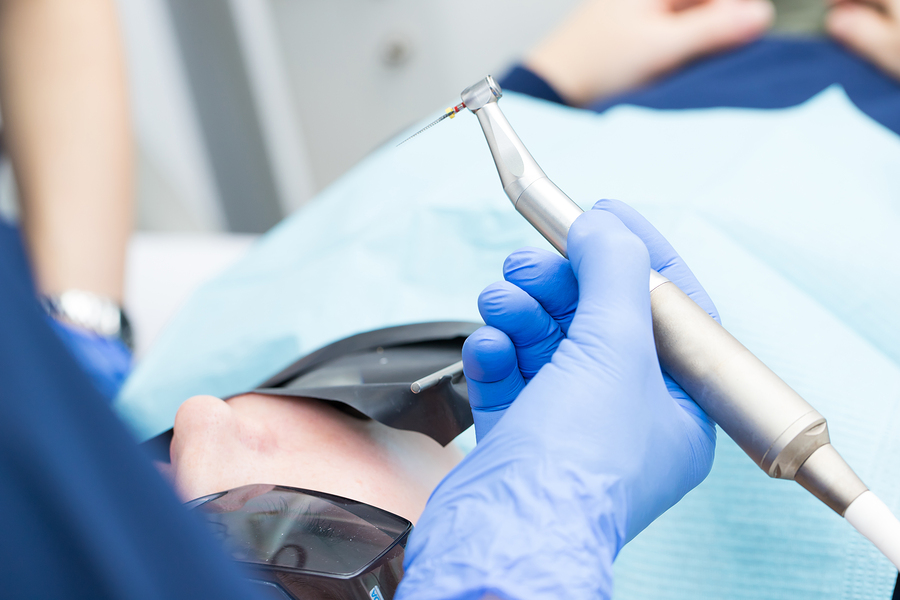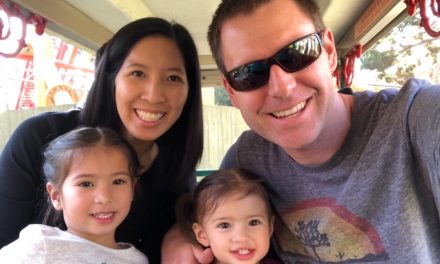Root Canal Brain Damage
In a ‘never-before-seen case’ reminiscent of the film Momento, a man in the UK has been left with just 90-minutes of memory after a root-canal treatment at a dentist and researchers say.
The incident left the 38-year-old man stuck in an endless loop of waking up and thinking he has a routine dental appointment.
The patient was referred to Dr Gerald Burgess, a clinical psychologist from University of Leicester, a decade ago.
“One of our reasons for writing up this individual’s case was that we had never seen anything like this before in our assessment clinics, and we do not know what to make of it, but felt an honest reporting of the facts as we assessed them was warranted, that perhaps there will be other cases, or people who know more than we do about what might have caused the patient’s amnesia,” said Burgess.
“Our experience was that none of our colleagues in neurology, psychiatry, and clinical neuropsychology could explain this case, or had seen anything like it themselves before,” said Burgess, who collaborated with Bhanu Chadalavada, Consultant Psychiatrist at Northamptonshire Healthcare Foundation NHS Trust.
The man had gone to a dentist for a routine procedure and lost the ability to create new memories. Since the one-hour root-canal treatment, during which he was given a local anesthetic, the individual cannot remember anything beyond 90 minutes.
He is fully aware of his identity and his personality did not change- but every day the man thinks it is the day of his dental appointment. He has to manage his life through an electronic diary and access to prompts.
“Amongst our allied health professions, what we did know about from decades of research and hundreds of case studies, is that bilateral damage to the hippocampal and/or diencephalon structures causes profound amnesia, and in the absence of apparent structural damage to these structures, it left an explanation widely open to speculation,” said Burgess.
“I don’t think that at this point the dental anesthetic or root canal can be blamed; it would be unethical and perhaps baseless scaremongering to do so, there is not sufficient evidence. I feel the story lies elsewhere, but that the preceding incident needed to be documented and not ignored,” Burgess added.
The finding was published in the journal Neurocase.












